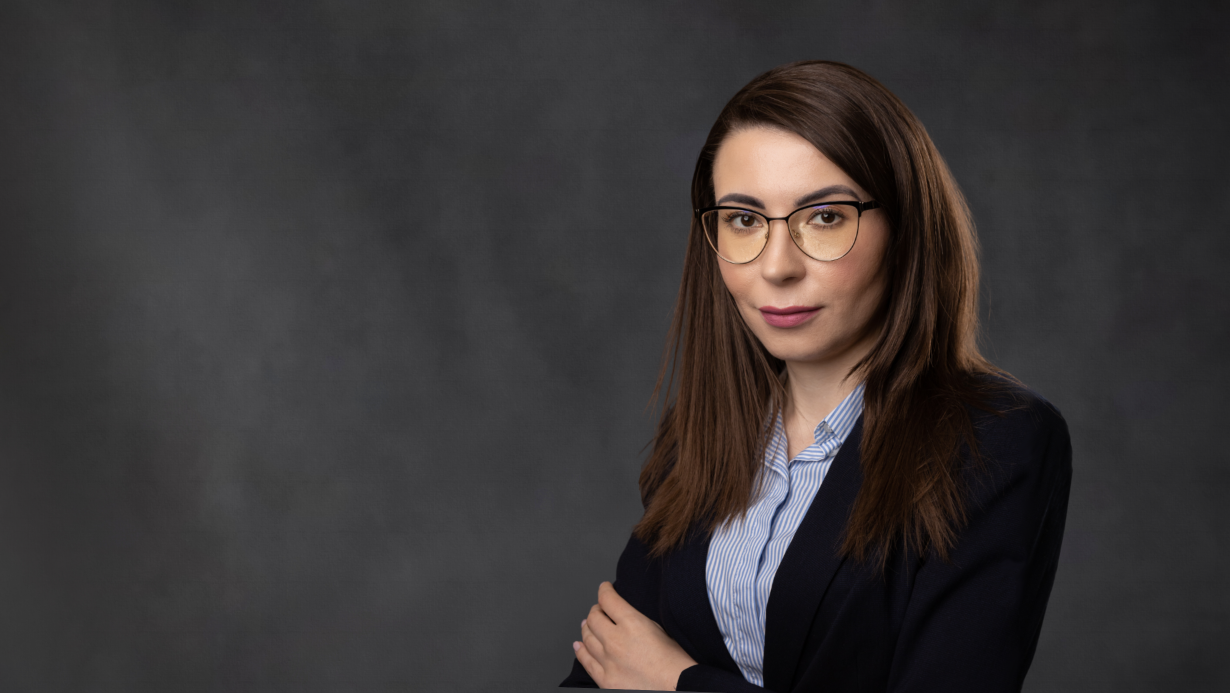Türkiye Presidential Elections Go to Second Round
Türkiye held presidential elections on 14 May, a contest between incumbent Recep Tayyip Erdoğan, opposition Table of Six leader Kemal Kılıçdaroğlu, and nationalist Sinan Oğan. Erdoğan came close to securing 50% of the vote guaranteeing victory, but ultimately a second round of voting will be held on 28 May to decide between him and Kılıçdaroğlu. In the parallel parliamentary elections, the Justice and Development Party (AKP) and its coalition partners, with which it forms the ruling People’s Alliance, were successful. The votes of Oğan’s supporters in the next round will have the most impact on the outcome of the presidential election.
.jpg) UMIT BEKTAS / Reuters / Forum
UMIT BEKTAS / Reuters / Forum
What is known after the first round?
This year’s elections in Türkiye were characterised by very high turnout of more than 87%, including 5 million who voted for the first time. According to information presented on 15 May by Ahmet Yener, chairman of the Supreme Electoral Council, Erdoğan received 49.4% of the popular vote, Kılıçdaroğlu gained 45%, and Oğan picked up 5.2%. In the parliamentary elections, the incumbent ruling People’s Alliance won with 49.46% support, allowing it to gain more than 320 seats in Turkey’s 600-seat parliament. The opposition National Alliance, in which the Republican People’s Party (RPP) and the Good Party (GP) play a major role, received 35.1% of the votes, equivalent to 213 parliamentarians, while the leftist-pro-Kurdish Labor and Freedom Alliance (YSGP), with 10.5%, will have 66 representatives in parliament.
What were the main reasons for Erdoğan and the People’s Alliance’s topping the vote?
During the election campaign, Erdoğan and the government camp, in which the AKP is the majority, employed polarising rhetoric and promises to raise the economic status of citizens, strengthen national pride, and stigmatise the opposition. Erdoğan projected a narrative aimed at reinforcing the public’s belief that coalition governments are unstable, instead emphasising the advantages of one-man rule under a presidential system. To reinforce patriotic feelings, he presented the public with so-called national and local products (milli ve yerli), including Türkiye’s fifth-generation fighter prototype (TF-X) and the TOGG electric car. Modernisation projects—roads, bridges, high-speed railroads—also played an important role in presenting the modern face of Türkiye under AKP rule. Erdoğan, accompanied by associates, ended his campaign with a clear emphasis on Sunni Islam, paying a visit to Istanbul’s Hagia Sophia, a shrine that was converted into a mosque under his rule.
What did the opposition campaign on?
The opposition’s main demand was to reshape the political system in Turkey. It stressed the need to move away from the presidential system introduced by Erdoğan in 2018 and called for a parliamentary-cabinet system. This was to restore checks and balances to the decision-making process. Kılıçdaroğlu, the presidential candidate of the Table of Six, the most important opposition force, ran under the slogan “I give you my word” (Sana Söz) and drew attention to his Alawite religious identity to emphasise that Türkiye is composed of various minorities. The opposition leader pledged to bring down inflation to single digits within one year (according to official, possibly understated government data, it is at 43.68%, but could be up to 105.9%, according to independent estimates), restoring the independence of the Central Bank, returning refugees to their countries of origin, and prioritising Türkiye’s relations with the West rather than Russia. Kılıçdaroğlu emphasised his secular vision for the state at the end of the election campaign. He laid a wreath at the mausoleum of Mustafa Kemal Atatürk, the founding father of the Republic and the RPP, the candidate’s party of which he is also the chairman.
What are the scenarios for the second round?
The opposition raised high hopes and expectations among its supporters, but the defeat in the parliamentary elections may cause discouragement among its electorate. In contrast, the surprisingly good result of Erdoğan and the People’s Alliance has given the ruling party a mobilisation advantage over the opposition ahead of the second round of the elections. The outcome will be decided by the votes of the supporters of Oğan, a politician ideologically closer to Erdoğan than Kılıçdaroğlu. Oğan holds nationalist and anti-Kurdish views. He conditioned his support of Kılıçdaroğlu on the opposition leader’s dissociation from the pro-Kurdish Peoples’ Democratic Party (PDP), which backed him. However, that demand would be more costly than any votes that could be picked up from Oğan. Religious and worldview considerations also will play a role during the second round. The opposition leader’s affiliation with Türkiye’s stigmatised religious adherents the Alevis may disqualify him in the eyes of Oğan’s nationalist electorate. An Erdoğan win is therefore more likely, which would mean a continuation of current foreign and domestic policy.


